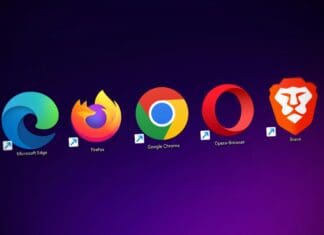This post is also available in:
 עברית (Hebrew)
עברית (Hebrew)

Have we completely given up on privacy?
When it comes to wireless charging, aka wireless power, the answer is probably ’yes’.
Though they have become indispensable to our daily lives, one of the serious limitations cellular phones suffer from is the constant need to charge them. The battery seems to run out ever so quickly, forcing us to look for a power source. Batteries account for the bulk of cellphones, in terms of both weight and volume. Having to always be on the go means having sufficient battery, lest we are lost to the world.
The unfolding solution seems to be being able to charge the battery wirelessly, that is without having to have a power source which matches our very own smartphone. There are already countless places, such as coffee shops, restaurants, businesses, airport lounges and so on, featuring wireless power. Nevertheless, at what price?
There are currently two leading wireless charging standards. One is called Qi, and the other is called PMA. As far as cellphone manufacturers are concerned, Qi is in the lead, with Sony, Morotola, Samsung and LG already using it. If that is the case, then why do businesses and coffeehouse chains opt for the competing standard? The answer probably lies in the issue of Privacy. PMA enables gathering all sorts of details on the charger, and then use them for commercial (and other) purposes, using advanced Business Intelligence (BI).
At Starbucks, customers using the free Wi-Fi in affect already agree to relinquish their privacy. Will we soon be likewise be obliged to give up on our privacy in order to charge our cellphones? Will having to charge our phone force us to part with our secure data?
Register to iHLS Israel Homeland Security
Apart from the issue of privacy, I believe the issue of ’smart’ wireless power will soon take off. As it will gather momentum, the same mode of ’pumping’ our phones for data will be used to introduce malware, viruses and so on.
An Israeli Start-Up company, established by Ran Poliakin and Dr. Amir Bar-Shalom, is using PMA. The company, PowerMat, is considered among the global leaders in the field of wireless power. In October 2012, it concluded an agreement with Starbucks to conduct a pilot program in the framework of which it installed charging surfaces in the table tops in several of the coffee giant’s branches in the Boston area. Since then, hundreds of these surfaces have been introduced in additional Starbucks coffee shops. In its website, PowerMat says it safeguards its users’ privacy, and that all the data gathered is stored securely.
According to the company, they only use the details they amass during charging to update the users on new products, sales, carry out surveys and make purchases. All this is done for the benefit of the consumer (after all, this is exactly what we need, more emails, texts and calls with additional troubling offers). PowerMat says it is collaborating with additional companies, which will receive our details – without requiring our authorization. Their statement is general, yet they do refer specifically to users’ direct comments and queries (though not necessarily to wireless power).
Somewhat ironically, Thorsten Heins, a former Blackberry CEO, was appointed PowerMat CEO and Chairman in November 2014. Not so long ago, Blackberry’s smartphones had an edge in the form of high security. Nowadays, rather than safeguard our data, companies are on the lookout for ways to syphon our details and share them.

























